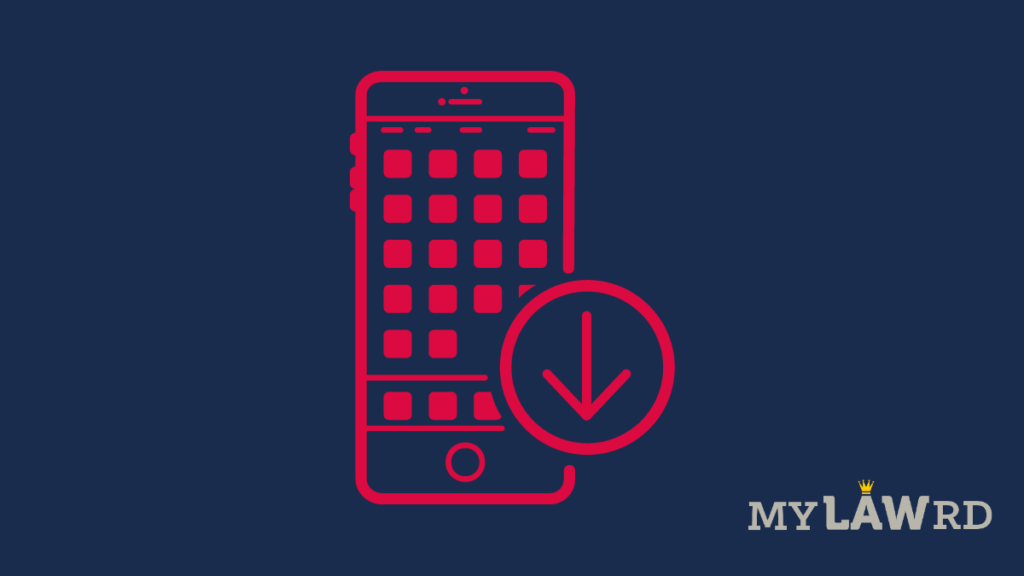Apple’s in a recent post has warned about the risks of increased cybercrime if the EU continues to force it to allow sideloading of third-party software.
Through the report, Apple is responding to EU proposals that antitrust chief Margrethe Vestager’s announced last year. The proposals, along with sideloading, also target limitations on payment systems for app store purchases.
For the uninitiated, sideloading is the installation of applications onto a mobile device either directly from a web portal or a third-party app store.
Apple’s justification
Apple says that sideloading would allow more harmful apps to reach users. Consequently, cybercriminals would easily target them – even if sideloading were limited to third-party app stores only. The company says that Android phones, that allow sideloading, were found to have 15 to 47 times more malware infections than iPhone.
It blames third-party app stores predominantly. They “do not have sufficient vetting procedures to check for apps containing known malware, apps violating user privacy, copycat apps, apps with illegal or objectionable content, and unsafe apps targeted at children”. Besides, users will be responsible for determining an app’s safety, which is difficult for even experts.
Apple also says that allowing sideloading would erode privacy features on iOS, since large corporations that rely on digital advertising will distribute their programs to bypass those features.
Apple and it’s battle with developers
The dispute revolves around Apple charging up to 30% commission on digital transactions occurring within the app store, subscriptions, sale of digital items like music, movies, video games, and even in-game purchases.
A United States court recently passed a ruling in Apple and Epic Games, which is pending in appeal at the moment. The District Judge has allowed developers to embed their own purchasing mechanisms inside their apps.
Prior to the ruling in September, Apple reached a settlement in a class-action lawsuit and agreed to relax the App store policy regarding communications with consumers. But it preserved the requirement to sell in-app items and subscriptions using its own payment systems.
Soon after the judgment, South Korea passed a law, prohibiting app store owners from requiring developers to use the store’s in-app payment mechanisms. Apple is facing an antitrust complaint in India regarding the same issue, while it has settled with the Japanese regulator. Most recently, the Dutch competition watchdog ACM has reportedly found the app store policy anti-competitive.
“Just a Distraction”
The Coalition for App Fairness, which includes Spotify, Match Group, and Epic Games, refuted Apple’s arguments. It said that built-in security features like encrypted data and antivirus programs, not Apple’s App Store, offer device security.
A lawyer for the group, Damien Geradin, told Reuters that side-loading was just a distraction.
“What matters to us is the obligation imposed on developers whose apps sell digital goods and services to use Apple In-App payment system. On that Apple’s security claims have no legs. Alternative payment solutions provided by Stripe, Adyen, or Paypal are as safe as IAP.”
Do subscribe to our Telegram channel for more resources and discussions on tech-law. To receive weekly updates, don’t forget to subscribe to our Newsletter.

